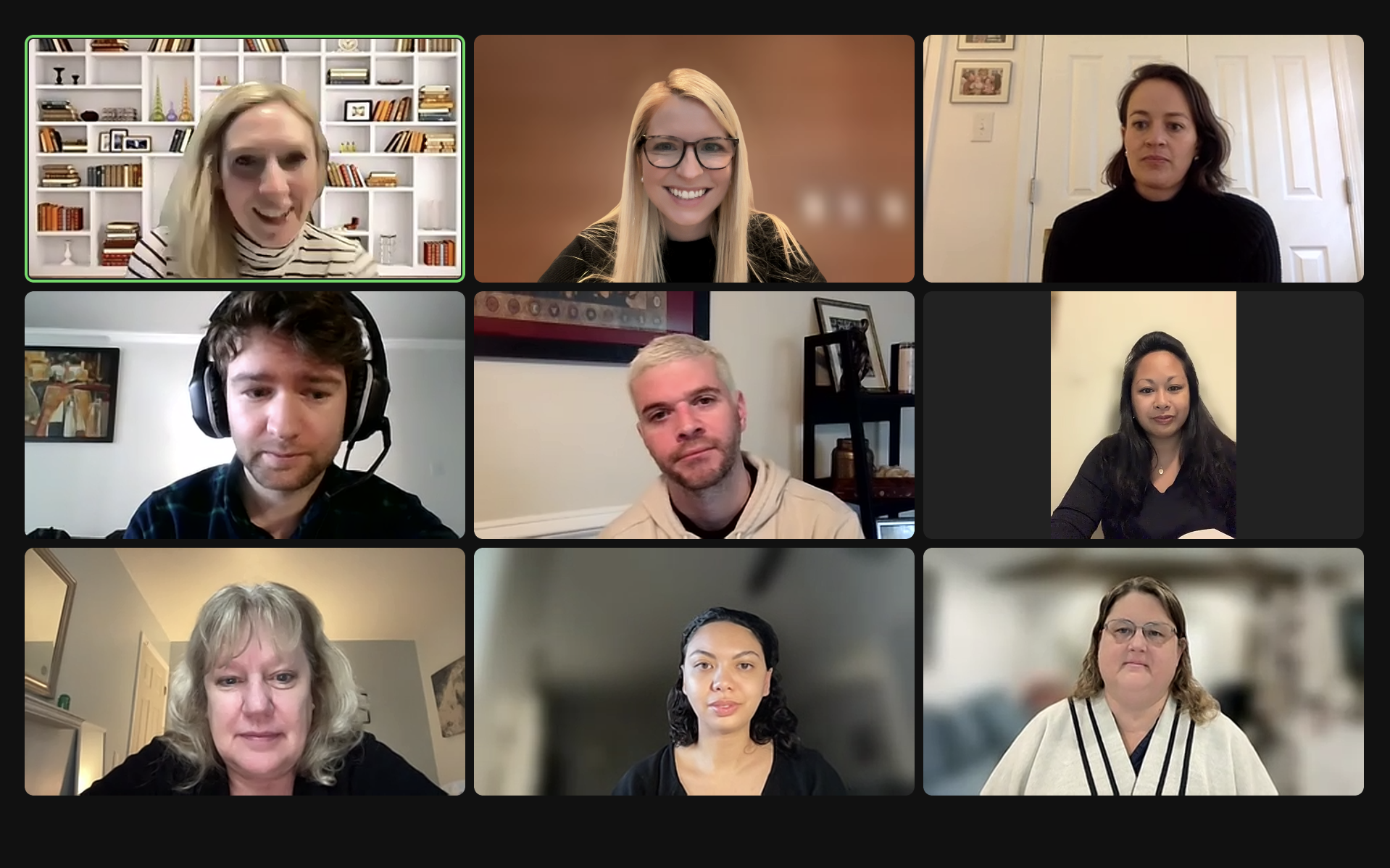Our last blog post before the 2024-2025 admissions cycle formally begins on Thursday!!!
BIGGEST COLLEGE-RELATED NEWS OF THE WEEK
W&M TO OFFER VIRGINIA’S FIRST B.S. DEGREE IN MARINE SCIENCE THANKS TO BATTEN GENEROSITY
Every year, a handful of our former clients work with us on their “Batten School” applications during their second year at UVA. And by “Batten School,” I mean the Frank Batten School of Leadership and Public Policy (which, as an aside, has some great undergraduate opportunities - check it out!). Now, the Commonwealth has a new Batten School on the horizon, thanks to Frank Batten’s wife, Jane Batten: the Batten School of Coastal and Marine Science at the College of William & Mary. Mrs. Batten’s “transformational” $100 million gift is the largest in William & Mary’s history, and will result in truly incredible opportunities for students interested in marine science and related fields — including the first Bachelor of Science degree in marine science at a public university in Virginia. We’re really excited to learn more details about the Batten School’s offerings in the months to come — or should we refer to it as the Batten School 2.0?
SCHEV APPROVES BRAND-NEW WILLIAM & MARY SCHOOL OF COMPUTING, DATA SCIENCES AND PHYSICS
It has been quite a week for STEM programs at William & Mary! The State Council of Higher Education for Virginia, more commonly known as SCHEV, just approved the College’s first new undergraduate division in fifty years: the School of Computing, Data Sciences, and Physics. This new school will bring together four of W&M’s top-performing programs: applied science, computer science, data science, and physics. These areas are seeing tremendous growth and are critical for preparing students for the future. Think machine learning, AI, and computational modeling — the skills of tomorrow! This move represents a huge leap forward for the university. The school will be housed in the heart of the campus, within the new Integrated Science Center. Set to open in Fall 2025, the cutting-edge space is designed to foster interdisciplinary learning.
DEFERRALS ARE BACK AT UVA
We have some news out of Charlottesville this week, too. Long-time blog readers may remember that UVA stopped deferring ED and EA applicants to the regular decision pool during this past admissions cycle. Instead, all ED and EA applicants were either admitted, denied, or placed on a waitlist. My understanding is that putting the students on a waitlist right off the bat was meant to help them achieve realistic expectations of their (very low) chances of eventual admission. I really liked this, personally! Especially for kids who applied early decision, it was nice to help them come to terms with the fact that they had already exhausted their best shot at admission and should move on. Well, in an unexpected pivot, deferrals are now back! Check out UVA's updated Admissions FAQs for more details.
VARSITY PICKLEBALL IS NOW A THING
Have you caught the pickleball bug? I feel a little behind the curve because it seems like everyone is playing and I never have! That’s especially the case in Montgomery County: MCPS is officially the first school system in the country to introduce pickleball as a varsity sport! MCPS officials hope that students of all abilities can pick up pickleball as a stress reliever and lifetime sport. “Across all ages [and] demographics, pickleball is fun and it leads to lifelong health and well-being,” noted Dr. Jeff Sullivan of MCPS.
BEST ARTICLES OF THE WEEK
Bloomberg Businessweek published a really fascinating piece called the Miseducation of America’s Nurse Practitioners (Apple News subscribers can get past the paywall!). Nurse practitioners are able to operate like doctors in many ways — they can make diagnoses and prescribe medications — but they have significantly less training. And in many cases, they are simply unprepared to be doing what they are doing. Bloomberg blames this on a “surging number of programs” that do not have a standardized curriculum and often accept more or less anyone who applies. “The former director of the largest NP program in the country says she can’t recall denying acceptance to a single student,” the article reads. Even worse, many of these new online programs take place asynchronously, with outdated lectures. Patients are suffering, and in some cases, dying, as a result. Awful! Full disclosure, I see a NP myself who I love, and my kids see the most amazing NPs as well. But it sounds like nursing may ultimately become the type of career in which college/graduate school choices could have long-term professional implications.
Have you caught the Olympics bug? Check out NCAA footprint at the Olympics, which details the significant impact that 1100+ current and former NCAA athletes are making at the 2024 Paris Olympics. They represent a substantial portion of the Olympic roster across various sports and countries, although USA is dominating: Team USA’s 385 NCAA athletes make up 65% of its roster! Southern California, Stanford, and Michigan have the greatest representation.
OFFICE HAPPENINGS
It’s the calm before the storm in our office as we wrap up everything we need to do before August 1! This has been a strange year as colleges are so, so slow to release their respective school-specific essay prompts. Never in my career have I seen anything like this before. We normally have about half the essay prompts available to us by July 15, and here we are on July 29 with a very small fraction of essays!
I suspect that this is a result of individual schools considering additional changes to their essays in the wake of last year’s Supreme Court ruling. As we discussed at length last year, the timing of the ruling was such that many colleges did change their prompts after the fact and made last-minute adjustments, but the changes could not go through the typical supplemental essay review process involving lots of different stakeholders.
Now that a full cycle has passed and admissions offices were able to assess the prompts more comprehensively, we are likely to see a number of changes again. Stay tuned!


















